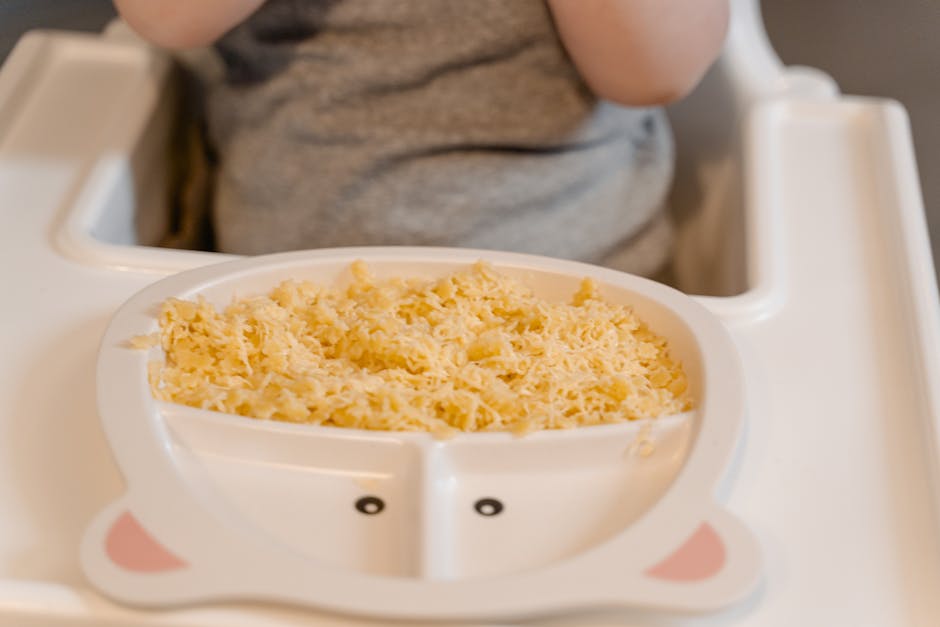Navigating the cancer journey is tough, but equipping oneself with knowledge about nutrition can shine a ray of hope. As we dive into the importance of diet in in-home cancer care, discover how the right foods can become a fortress in the battle against cancer.
The Importance of Nutrition in Cancer Recovery
Nutrition plays a pivotal role in the journey of cancer recovery. A well-thought-out diet can help mitigate the side effects of cancer treatments, enhance the body’s immune response, and improve the overall quality of life for patients undergoing in-home care.
Cancer and its treatments can lead to a range of nutritional challenges, including appetite loss, taste changes, and difficulties in swallowing. Addressing these issues through dietary adjustments can help in maintaining the necessary intake of calories and nutrients, which is crucial for healing and strength.
There’s also emerging evidence suggesting that certain diet patterns may influence cancer progression and patients’ survival rates. While more research is needed, focusing on a diet rich in fruits, vegetables, whole grains, and lean proteins can support recovery.
Tailoring Nutrition Plans for In-Home Cancer Care
Each cancer patient’s nutritional needs are unique, making personalized nutrition plans a cornerstone of effective in-home care. Registered dietitians play a critical role in assessing these needs and crafting diet plans that respect the patient’s preferences, treatment phase, and specific nutritional requirements.
Involving the patient in the planning process ensures that the diet is not only nutritious but also appetizing and varied, accounting for taste alterations and appetite changes frequent in cancer patients.
Overcoming Challenges: Eating Well During Cancer Treatment
Eating well during cancer treatment is fraught with challenges, but small, strategic adjustments can make a significant difference. For instance, incorporating nutrient-dense smoothies can help patients struggling with solid foods intake.
Simple techniques, such as eating small, frequent meals and using flavorful seasonings, can also alleviate common issues like nausea and lack of appetite. It’s about finding what works for each individual and making mealtime a source of comfort and nourishment.
Hydration is another critical aspect often overlooked. Adequate fluid intake supports all bodily functions, helps manage side effects, and can even reduce the risk of certain treatment complications.
The Role of Caregivers in Supporting Nutritional Health
Caregivers are the unsung heroes in the narrative of in-home cancer care, particularly when it comes to nutrition. Their support can manifest in various forms, from meal preparation to keeping track of dietary needs and preferences.
Open communication between caregivers and patients is essential, ensuring that the nutritional strategies align with the patients’ evolving tastes and tolerances. This collaborative approach not only boosts nutritional intake but also strengthens the emotional bond, offering solace in a challenging journey.
In the tapestry of in-home cancer care, nutrition stands out as a vital thread, interwoven deeply within the fabric of recovery and well-being. It’s not just about managing symptoms or the effects of treatment; it’s about rekindling the body’s own strength and vitality through the power of nourishment.


